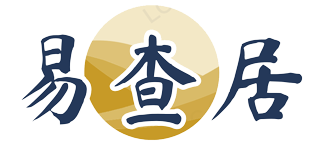'Anima'是拉丁语单词,意为“灵魂”或“心智”。在心理学中,它指的是一个人的内在真实自我或深层意识。在荷马史诗《奥德赛》中,它被用来表示“心灵”或“情感”。
以下是9个包含'Anima'的例句:
1. "He believes in the anima mundi, the soul of the world that connects every living thing." (他相信天地之灵,连接着一切生命的万物之魂。)
2. "The anima and animus represent the feminine and masculine aspects of the psyche." (阴阳之灵代表了心灵中的女性和男性方面。)
3. "She is in touch with her anima, and always follows her intuition." (她与内在灵魂相融合,总是跟随自己的直觉。)
4. "The anima is a powerful force within us, capable of guiding us towards wholeness and self-discovery." (灵魂是我们内在强大的力量,能够引导我们走向完整和自我发现。)
5. "The artist channels his anima in his creative work, expressing his deepest emotions through his art." (艺术家通过创作发挥自己的内在灵魂,通过艺术表达自己最深的情感。)
6. "She believes that the anima mundi is expressed through the natural beauty of the earth." (她相信天地之灵通过地球的自然美表达出来。)
7. "The anima and animus are often projected onto others, leading to unconscious attraction or repulsion." (阴阳之灵常常被投射到他人身上,导致无意识的吸引或排斥。)
8. "He seeks to awaken his anima through meditation and spiritual practices." (他通过冥想和灵性练习来唤醒自己的灵魂。)
9. "The anima mundi is the source of all life and creation, and connects us to the divine." (天地之灵是一切生命和创造的源头,连接我们与神圣之间的联系。)
标签:

评论列表 (0)